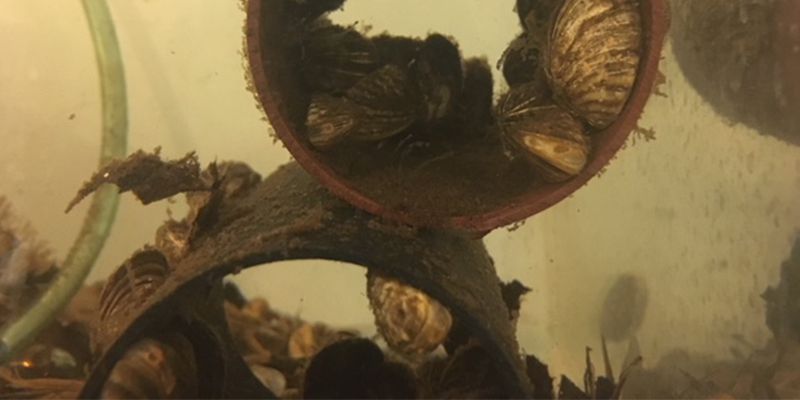
A free e-learning course was effective in alerting environmental workers to the risks of inadvertently spreading invasive alien species such as Japanese knotweed, researchers have found.
The training raised awareness of the way alien species could be transferred via tools and equipment, vehicles and even boats – and set out simple biosecurity measures to make cross contamination less likely.
The Leeds study involved 600-plus students and environmental professionals. Before starting the e-training, 20% of the students and 60 percent of the professionals understood biosecurity as it related to alien invasive species.
The training involved accessing a self-paced online course – Better Biosecurity. The course takes between one and three hours to complete and can be used by the public, and by any organisation doing research or work in the environment.
The study participants were re-assessed six months later, and the number of people aware of the risks and biosecurity controls had jumped to 81% for both the student and professional groups.
Content for the course was produced by the University, the Centre for Environment, Fisheries and Aquaculture Science (CEFAS) and the Environment Agency.
The study – The effectiveness of e-learning on biosecurity practice – has been published in the journal Biological Invasions.
Dr Alison Dunn from thLeeds' Faculty of Biological Sciences, supervised the research. She said: "This is the first-time academics have evaluated the impact of e-learning as a way of trying to reduce the risk around the spread of alien species.
"The study shows it is highly effective. The messages presented in the course were still with the participants six months later to help shape and inform professional decisions about biosecurity.
"Controlling invasive alien species is important. They have an ecological impact – they force out native species and can reduce biodiversity. They can grow on buildings and damage them – and they can increase the risk of flooding by displacing vegetation that slows the run-off from heavy rainfall."
Problematic invasive alien species include Japanese knotweed which can grow rapidly in the summer, reaching in excess of two metres, damaging buildings; zebra mussels, which are found in UK fresh water systems and can block water pipes; and signal crayfish, which were introduced into commercial fisheries but have since 'escaped' into other habitats and are threatening the survival of the native white-clawed crayfish.
Transport, trade and recreation have all been identified as activities that provide vectors for the introduction and secondary spread of invasive alien species. Tiny animals or plant fragments or seeds can be accidentally moved around attached to clothing and equipment.
Robust biosecurity measures can reduce the risks by ensuring that "hitchhiking" invasive species are removed from vehicles, equipment and clothes.
The study was funded by the Natural Environment Research Council and CEFAS.
The research is part of a broader research initiative to prevent the spread of invasive alien species with local authorities being encouraged to promote more robust biosecurity.
Further information
Top image: zebra mussel blocking a water pipe. Image credit: Stephanie Bradbeer
For additional information, contact pressoffice@leeds.ac.uk